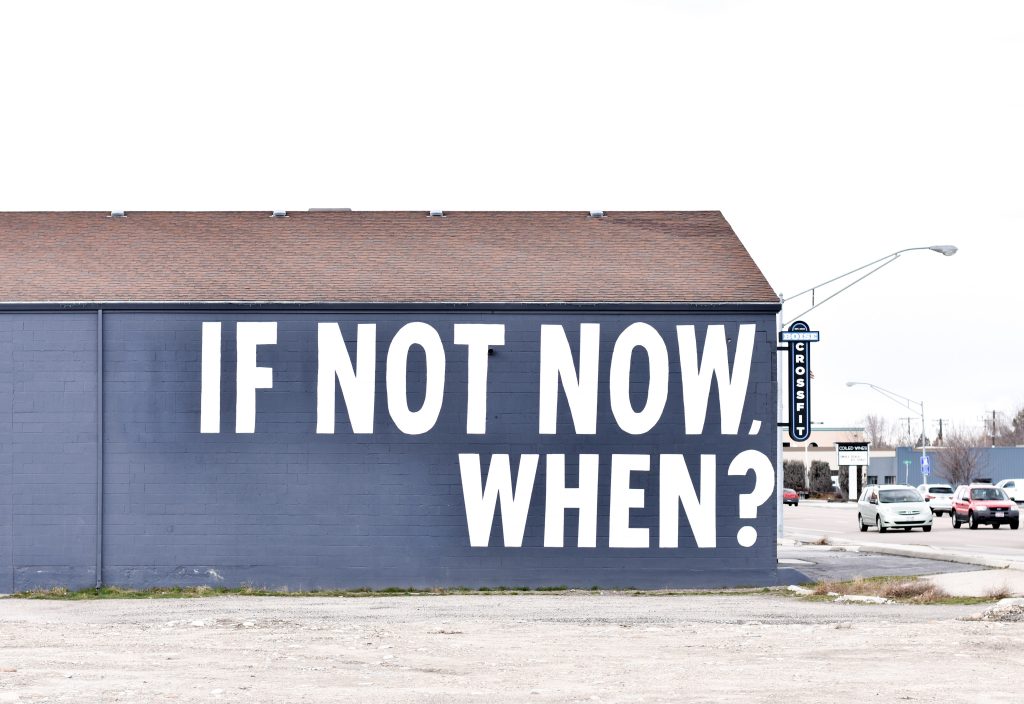CBT Self-help

You can listen to this Article through my Podcast:
This article discusses:
- Suitability
- Expectations
- Working on motivation
- Where to start
- Reliable Sources
1.- Suitability
Anyone can look into CBT self-help to improve their wellbeing. However, people experiencing mild to moderate difficulties may benefit more from this type of intervention. As an example, if someone is severely depressed may find difficult to begin to read or concentrate enough to work on self-help materials. However, it could be positive to engage in a meaningful activity, and someone with more complex needs could benefit from self-help materials.
In my practice, I have met many people that have worked on self-help materials and come to sessions with more understanding of CBT and what may be underpinning their difficulties, making slightly easier to begin to do 1-1 work.
These people have been already trying to change or doing things differently weekly or daily, which makes it easier for them to engage on 1-1 CBT. The main reason is because CBT is an active talking therapy. This involves people practicing the skills learnt in session regularly.
2.- Expectations
However, people find difficult either to relate or to engage with CBT self-help materials, for many reasons.
Some people have an expectation that by reading or watching materials things will change or they will feel better. Yet, if someone has been having difficulties for long time, it might take longer than expected to begin to feel better.
Sometimes other people want to talk about their difficulties, and are not looking for an active talking therapy. It is good to work on self-help for CBT in order to understand whether this is something that you wish to do. There are self-help materials for Acceptance and Commitment Therapy (ACT), Mindfulness and may other approaches to wellbeing, hence it may take some time to work and find the right approach for you. But it will give you the chance to make an informed choice on the talking therapies available.
One complains I have heard various times regarding self-help is “It does not apply to me”. This is perfectly possible. However, if you experience anxiety and are reading/working on anxiety self-help, as we all experience anxiety at some point in our life, it may be possible that the examples in the materials do not relate to you or portrait exactly how you experience it. Yet, the principles and the information apply to most of the people, if not all.
As an example, if you are working on a CBT self-help material and there is a 5 areas diagram (situation, thought, emotion, feeling and physical changes) there may be an example that does not apply specific to Social Anxiety or Panic Disorder. Yet, the concept of these areas linking and impacting on each other can be used in any walk of life. So, it is important to be able to take a step back and put our difficulties in perspective, to try to see how this principle applies to us.
3.- Working on motivation
Sometimes, we are at a stage when we are unsure what we want to do. We may not even know if 1-1 therapy is right for us, or even if we want to spend weeks working on a difficulty.
Self-help is an opportunity for you to build on this. For example, some people always wanted to learn to play an instrument, so they may have decided to buy an instrument and try to watch some videos online. Then, after trying for a couple of weeks/months they decide to pay 1-1 tuition.
However, other people might be at a contemplation stage. They are thinking what they would like to do.
Either case could benefit from beginning to look at what options are there to help with personal difficulties.
Working on motivation would take me a whole blog entry, so I recommend you look at the bottom of the article for links to websites that may help you to work on this. There are various ways of looking at motivation, the one I personally like the most is “you can sit and wait for motivation to come to you, or you could go out and do whatever you want to do, and do it while you wait for the motivation to come”.
There are links to self-help materials online, all of them free and some recommended by the NHS and other reputable organisations.
4.- Where to start
So, if you have decided to look at CBT self-help materials how do you start. It is important to look at what you are experiencing. Some good questions you could ask yourself:
- Am I low in mood?
- Am I Anxious?
- If I am anxious and depressed, which one came first?
- What triggered my current mood? (Bereavement, life changes, illness, …)
- How long have I been feeling this way?
The above question may begin to help you to identify and understand where the difficulties lay on. However, this may not be enough. Another alternative would be for you to search online for:
- Signs of depression
- Types of anxiety
As I said on here, the What is CBT? page, it is important for you to look up information on reliable website. These could be:
https://www.nhsinform.scot/illnesses-and-conditions/mental-health
https://www.nhsdirect.wales.nhs.uk/encyclopaedia/m/article/mentalhealth/
https://www.nhs.uk/conditions/stress-anxiety-depression/
Once you have found out more, and you have some idea of what you may be struggling with, then the next step is to find self-help materials.
5.- Reliable Sources
- Books
- Websites
- Online Courses
- Mobile Apps
Books
Regarding the books, the Overcoming Series are good CBT self-help material. You can find them easily on any online book store. You can find these and other books under the Books on Prescription.
Websites
Another resource are self-help materials on PDF format. Most of the materials have an introduction sheet that explain what type of difficulty they work on, so you can ensure that will meet your needs prior to begin.
https://web.ntw.nhs.uk/selfhelp/ (Has self-help on many things as well as on PTSD and Bereavement)
https://www.cci.health.wa.gov.au/Resources/Looking-After-Yourself (Has self-help on many things as well as on tolerating distress, which is useful for people experiencing difficulties with their emotions)
Online Courses
These are some of them paid, but the listed here are free. I have not personally used these, but they are recommended for many clients with mild to moderate difficulties.
https://llttf.com/ Living Life to the Full
https://www.futurelearn.com/courses/anxiety-depression-and-cbt
The above course comes up sometimes, and it has been designed by University of Reading, a well renowned university with a great psychological department, where I did my postgraduate diploma on evidence-based interventions.
https://www.getselfhelp.co.uk/step1.htm This is a half video half text course. This site has many resources.
https://ecouch.anu.edu.au/welcome Another online course, it used to be free but I am not sure now. Although, it needs registration.
Mobile Apps
I use android so the app I recommend people are based on this system. It is likely that similar apps are available for other operational systems.
SAM
To Sum Up
This blog entry is intended to support people identifying what may need support with, to look at the right places to find CBT self-help, and to try out CBT before deciding to go for 1-1 treatment.
There are many ways you can help yourself, and sometimes people forget that all humans are capable of achieving many things. We are all able to help ourselves and it is important not to underestimate our capabilities.
Also please remember, that at time we all need support. This can be from friends, family or professionals, so seek support if you feel you need to.
My message to take home is try before you buy. There are many therapy options out there and some are better suited for different difficulties and individuals.
If you wish to discuss what difficulties you may experience, and have a FREE 15 – 20 minutes informal conversation, just contact me here.









